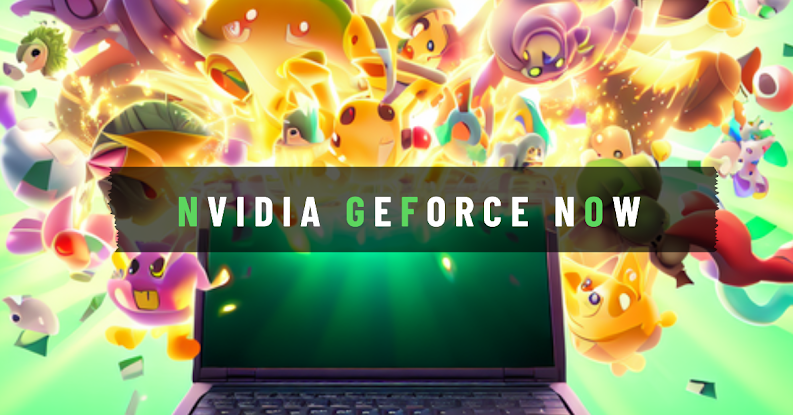Gaming & Queer Identity Formation
As the video game industry continues to grow, there has been a significant increase in representation and diversity in many aspects of game development. However, one area where progress has been slow is the presentation of queer characters in video games. This lack of representation significantly impacts the LGBTQ+ community, reinforcing harmful stereotypes and contributing to feelings of marginalization and exclusion.
According to a study by GLAAD, a leading LGBTQ+ media advocacy organization, only 2.7% of video game characters in significant releases from 2015 to 2019 were identified as LGBTQ+. This starkly contrasts with other forms of media, such as television and film, where queer representation has seen significant improvements in recent years.
The lack of queer representation in video games is particularly concerning because video games have become one of the most popular forms of entertainment in recent years, especially among young people. This means that video games can potentially shape attitudes and beliefs related to gender and sexual identity.
One of the most significant impacts of the lack of queer representation in video games is the reinforcement of harmful stereotypes. For example, queer characters are often portrayed as overly sexualized or side characters whose only purpose is to be the butt of a joke. This reinforces harmful stereotypes and contributes to feelings of marginalization and exclusion among the LGBTQ+ community.
Additionally, the lack of queer representation in video games can also contribute to a sense of erasure for queer gamers. When queer characters are not represented in video games, it can be challenging for queer gamers to feel seen and recognized. This can contribute to isolation and make it more difficult for queer gamers to find a community within the larger gaming community.
There have been some notable exceptions to the lack of queer representation in video games, such as the indie game “Gone Home” and the more recent “The Last of Us Part II.” However, these games are the exception rather than the rule, and there is still a long way to go in creating a more inclusive gaming industry.
To address this issue, there needs to be a concerted effort from game developers, publishers, and industry organizations to prioritize queer representation in video games. This can include actively seeking out and hiring queer developers, including queer characters in major game releases, and creating safe spaces within the gaming community for queer gamers to connect and find support.
In conclusion, the lack of queer representation in video games significantly impacts the LGBTQ+ community, reinforcing harmful stereotypes and contributing to feelings of marginalization and exclusion. The video game industry must prioritize queer representation and work towards creating a more inclusive and welcoming environment for all gamers.



Comments
Post a Comment
Connect with House Anomaly, we are always open to collaboration or critiques on how we can do better.